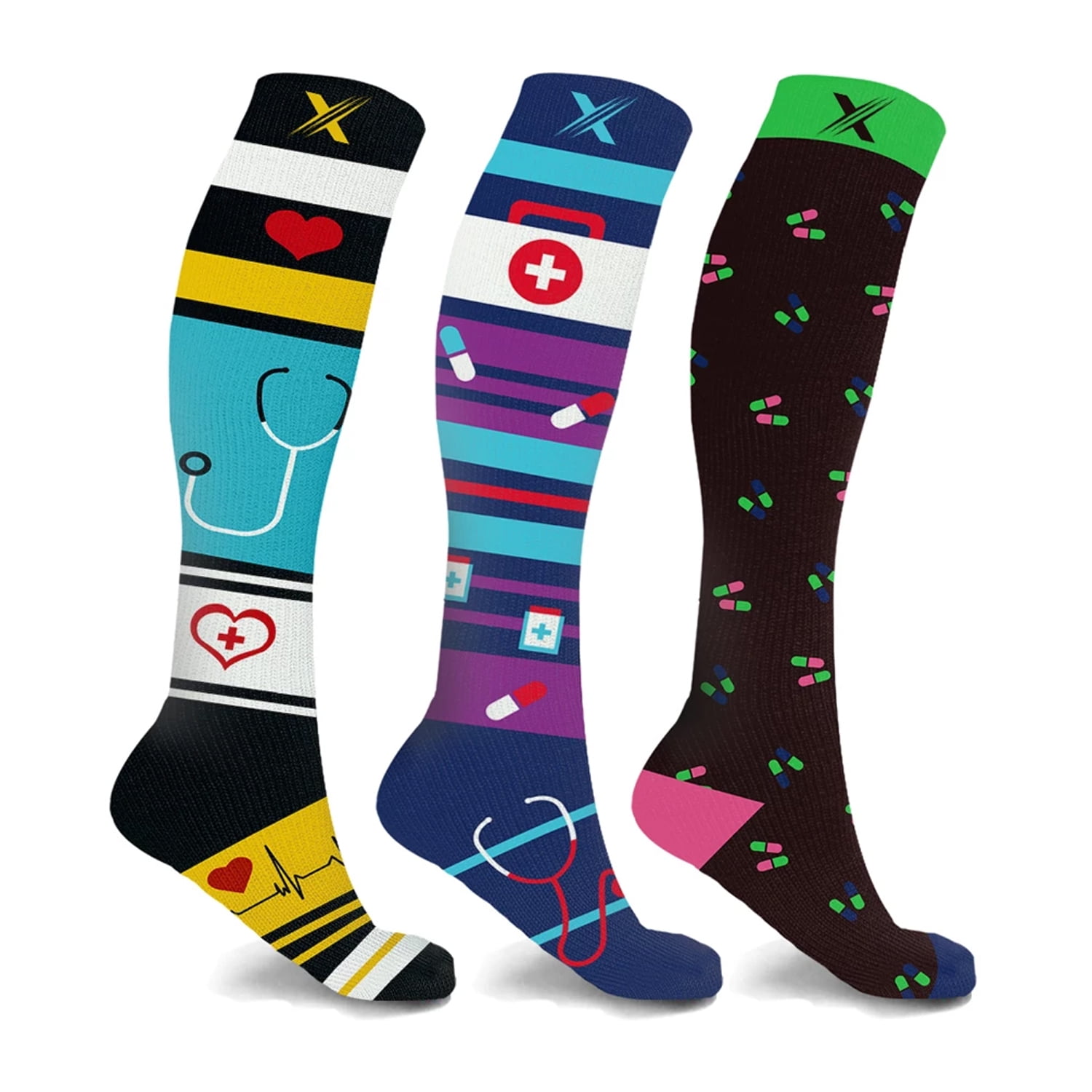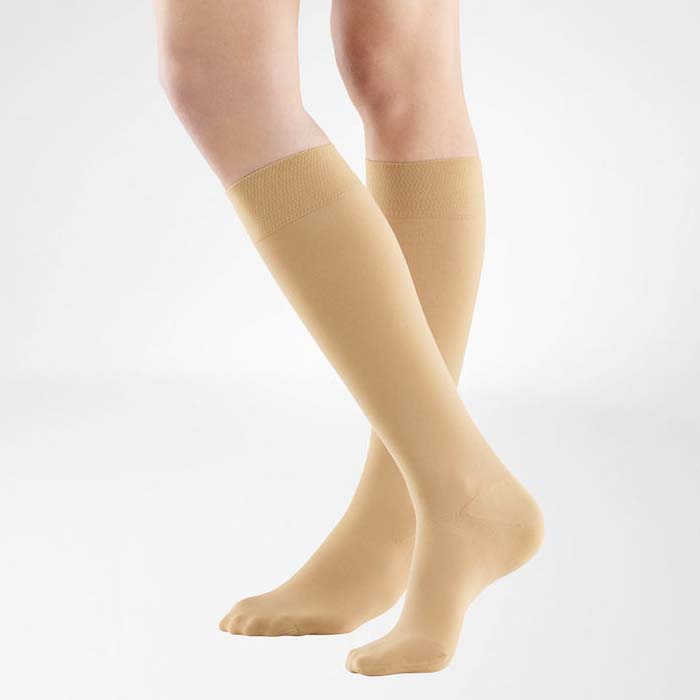


Our graduated knee-high compression socks provide an unmatched, custom-like fit, with anatomical right and left foot designs for an enhanced fit. If you end up needing mild to moderate compression stockings, Feetures has what you’re looking for. Your doctor will recommend the right compression strength for your situation. With graduated compression stockings, the pressure is highest at the ankle and tapers off toward the cuff. The degree of compression ranges from mild (15 to 20 mmHg) to moderate (20 to 30 mmHg) to firm (30 to 40 mmHg). What Type of Compression Socks To Wear After SurgeryĬompression is measured in millimeters of mercury (mmHg). Follow your doctor’s instructions for the best results. In general, try to wear your compression socks as much as possible, both during the day and while sleeping at night, until you’re able to move around freely. If your doctor recommends compression stockings, be sure to ask how long you should wear them. How Long Should You Wear Compression Socks After Surgery? They are also noninvasive, drug-free, and relatively inexpensive, making them a great complement to other medical treatments.

Compression Socks Promote a Safer Recoveryīy keeping your blood flowing and preventing complications after surgery, compression socks can speed up your recovery time and help you return to your regular activities sooner. Other tips to prevent DVT include drinking enough fluids, moving around as much as possible after your operation, and taking any anticoagulant medication your doctor prescribes. Luckily, wearing graduated compression socks can lower your risk by improving circulation and reducing swelling. Remaining bedridden or in a wheelchair after surgery also increases the risk of DVT. Patients undergoing hip, knee, leg, and abdominal surgery have a higher chance of DVT, especially if general anesthesia is required for more than 90 minutes. If the clot breaks off and travels through your veins, it can lodge in your lungs and cause a pulmonary embolism. Compression Socks Lower the Risk of DVTĭeep vein thrombosis is when blood clots develop in the veins deep within your legs. For the best results, put on your compression stockings before any major swelling sets in. This forces fluid to dissipate so it doesn’t build up in one area.
Surgical compression socks skin#
Compression socks help alleviate this problem because the tight fit prevents your skin from expanding beyond a certain point. However, extreme swelling can hamper your recovery and lead to complications. Minor inflammation is an anticipated and even beneficial part of recovering from surgery. These stockings apply gentle pressure to encourage venous circulation even while confined to your bed. That’s where graduated compression socks come in. Unfortunately, lying around leads to bad circulation, which is exactly the opposite of what your body needs to heal. You may need to limit your physical activities or even go on bed rest for a while as you recover from surgery. Benefits of Wearing Compression Socks After Surgery Compression Socks Improve Circulation If you think you might benefit from compression stockings, but your doctor hasn’t mentioned them yet, bring up the subject before going out and buying any. Graduated compression socks boost blood flow to promote four major benefits for post-surgery patients - improved circulation, reduced swelling, lower risk of DVT, and safer recovery.īefore jumping into these benefits, remember - you should only wear compression socks after surgery if your doctor explicitly instructs you to. If you have a major surgery coming up, your doctor may recommend wearing compression stockings during the recovery process.


 0 kommentar(er)
0 kommentar(er)
